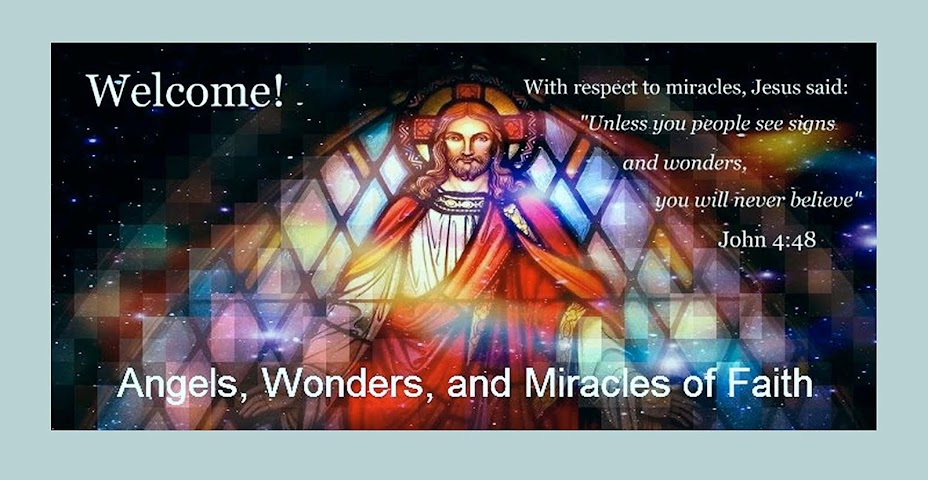 |
| Pope Benedict - CNA Photo |
Gospel must not be an elite message, Pope says : Catholic News Agency (CNA)
The photograph and following excerpt is from the Catholic News Agency:
Vatican City (CNA/EWTN News) Pope Benedict said in a message on missionary efforts that the Gospel is not an “exclusive” message to an elite few but rather a gift to be shared and “a piece of good news to be passed on.”
On Jan. 25, the Vatican released the Pope's official statement for the 85th annual World Mission Sunday which will be held on Oct. 23. The event is organized by the Propagation of the Faith and is set aside for Catholics worldwide to recommit themselves to the Church's missionary activity through prayer.
The theme of this year's celebration is, “As the Father has sent me, so I send you.”
Pope Benedict opened his remarks by emphasizing that the “announcement of the Gospel is destined for everyone.”
“The Church exists to evangelize,” he said. “Her activity, in conformity with the word of Christ and under the influence of His grace and charity, becomes fully and truly present in all individuals and all peoples in order to lead them to faith in Christ.”
The task of spreading the Gospel, then, “has lost none of its urgency,” the Pope said. The Church cannot “rest easy” at the thought that “there are people who still do not know Christ, who have not yet heard His message of salvation.”
Pope Benedict also addressed the growing number of individuals who've heard the Gospel but have forgotten it, abandoned it, or no longer identify themselves with the Church. He said that in modern times, even traditionally Christian societies are “reluctant to open themselves to the word of faith.”
He cited a cultural shift – influenced by globalization and increasing relativism – as leading to mentalities and lifestyles “that ignore the Evangelical message as if God did not exist, and which exalt the search for well-being, easy earnings, career and success as the goals of life, even at the expense of moral values.”
To those who hear and believe, the Pope said, the Gospel “is not the exclusive prerogative of those who received it, but a gift to be shared, a piece of good news to be passed on.”
“This gift-commitment is entrusted not just to the few, but to all baptized people,” he underscored.
Read more: Gospel must not be an elite message












